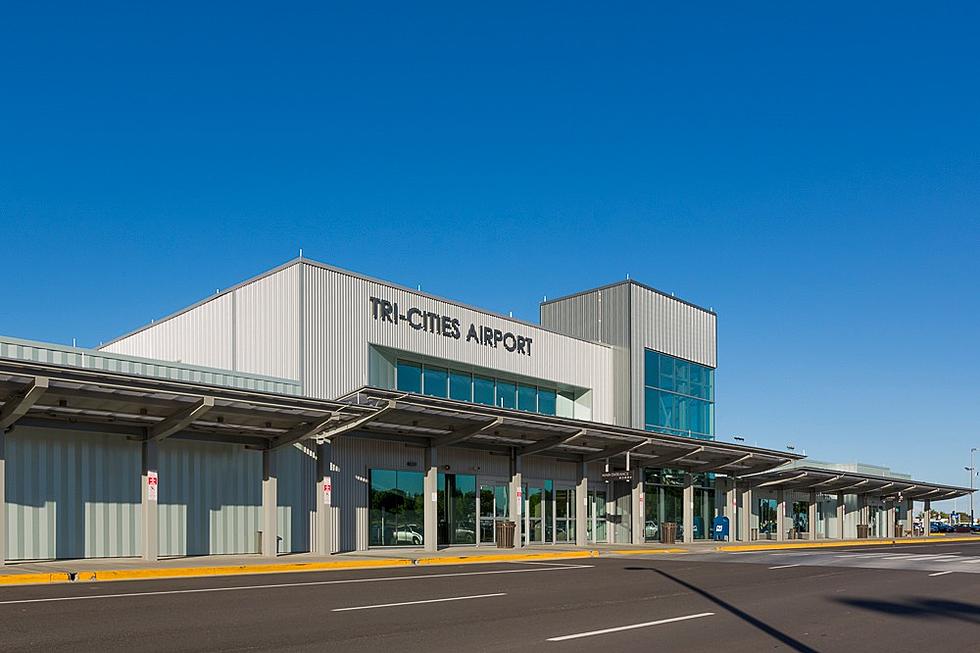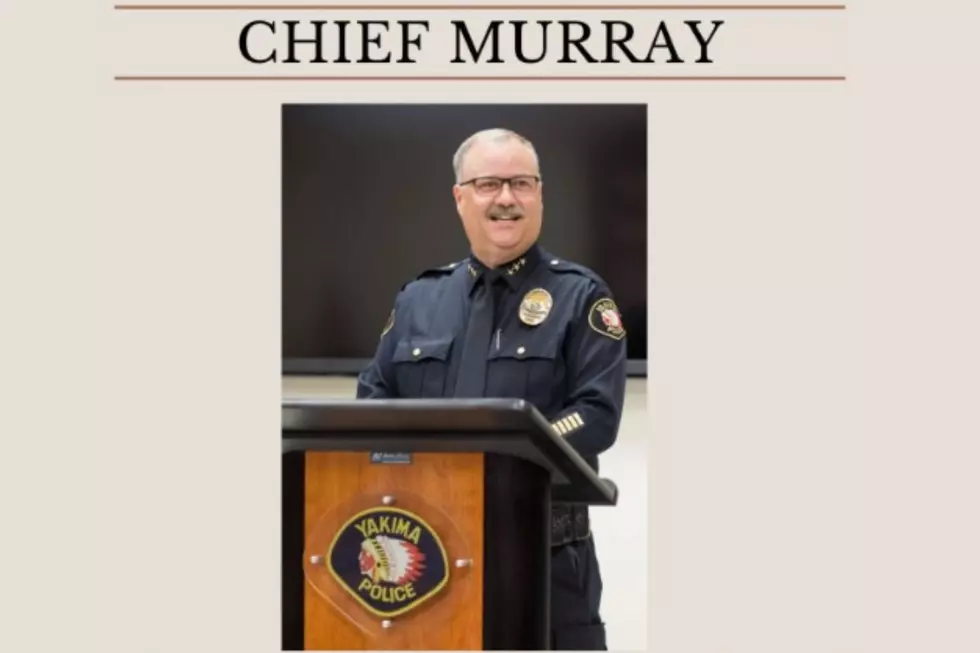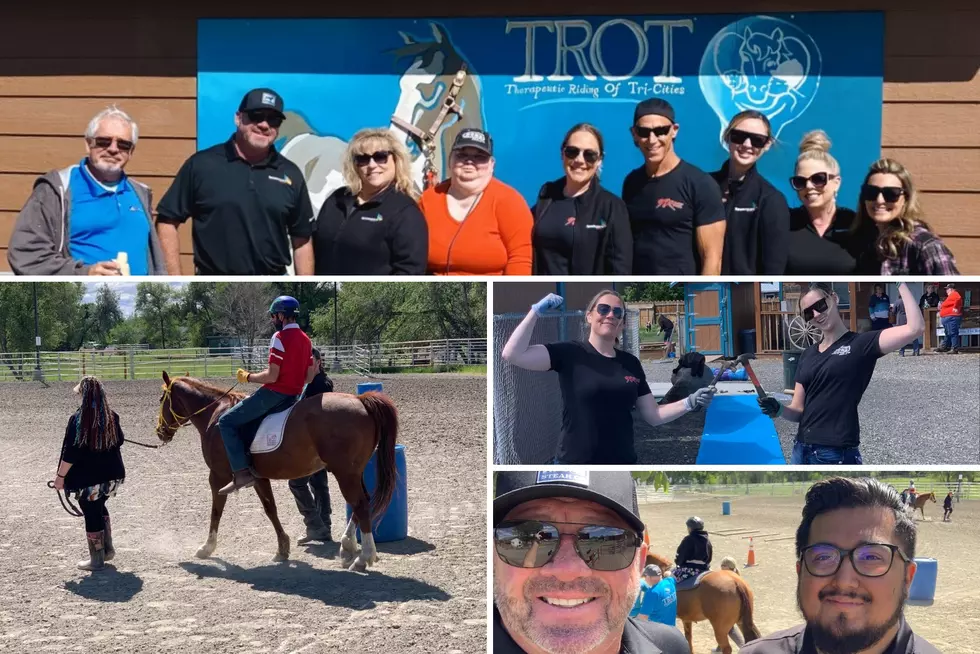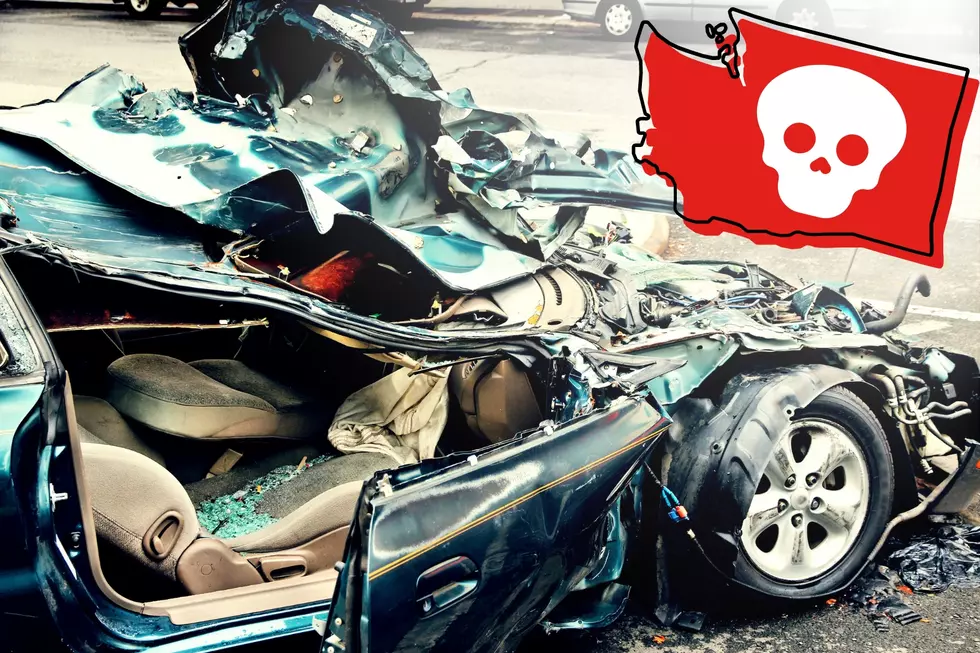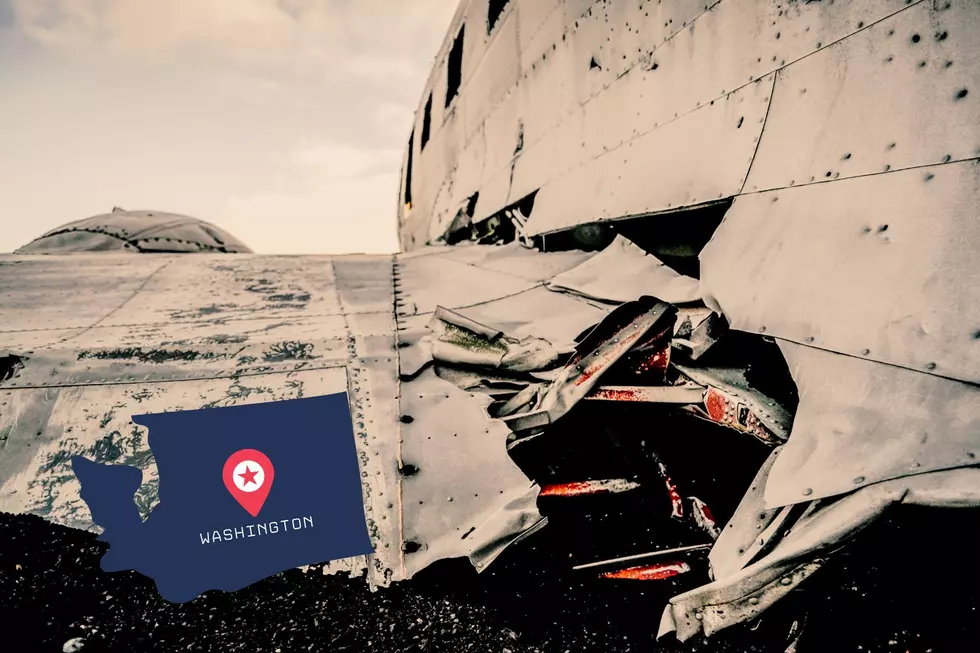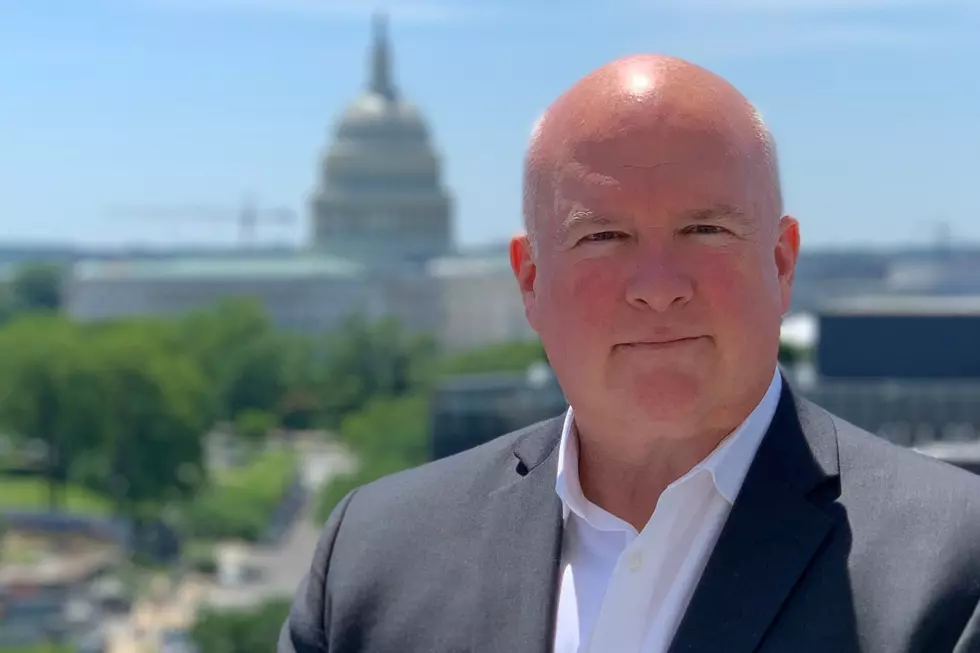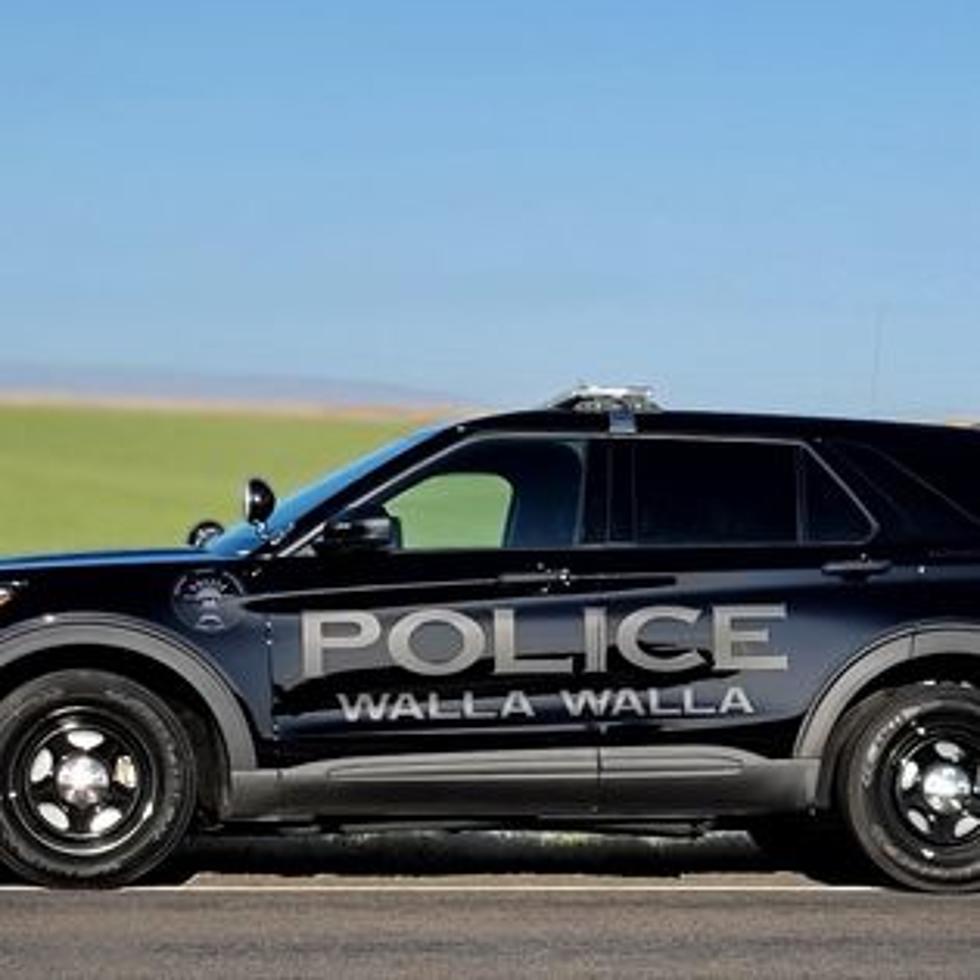
Freezing temps are on the way, bringing concerns about house fires
We've experienced a relatively mild winter so far this season, but brace yourselves-- freezing temperatures are forecast for the coming week.
Already this season we've seen a number of house fires, some related to indoor space heaters, and that has local fire officials pointing out the importance of focusing on safety while using heating devices.
Fire officials encourage you to use newer space heaters that have tip protection, automatically shutting off the device if it falls over.
"What kind of extension cord are you going to use to plug it in-- which is a no-no to begin with," said Lincoln Swenson, Fire Inspector with the Kennewick Fire Department. "But, if you have to, you need to use very heavy gauge extension cord, no zip cord because zip cords will heat up and catch the rug on fire."
If you're not in the room with the heater, or when you go to bed, turn off the heater, Swenson says. "Be aware that you've got them going, monitor them, and keep them away from the kids and combustible materials."
Officials say space heaters accounted for more than 44% of home heating equipment fires, but 86% percent of civilian deaths. The most common cause of space heater fires is having heaters too close to flammable items.
Investigators find that cold weather prompts us to find creative ways to stay warm, and that can often be deadly.
Generators should only be used outside, as should kerosene heaters.
It's also important to have a working Carbon Monoxide detector installed if you're using wood stoves or gas-powered appliances.
"If you're going to be using your fireplace, if you park your car in the garage, or have any gas appliances, you really need to have CO protection because it's silent, nobody sees it, nobody smells it, and it sneaks up on you and all is over."
For more tips on staying safe and warm this winter, you can visit the NFPA website.
More From 610 KONA
